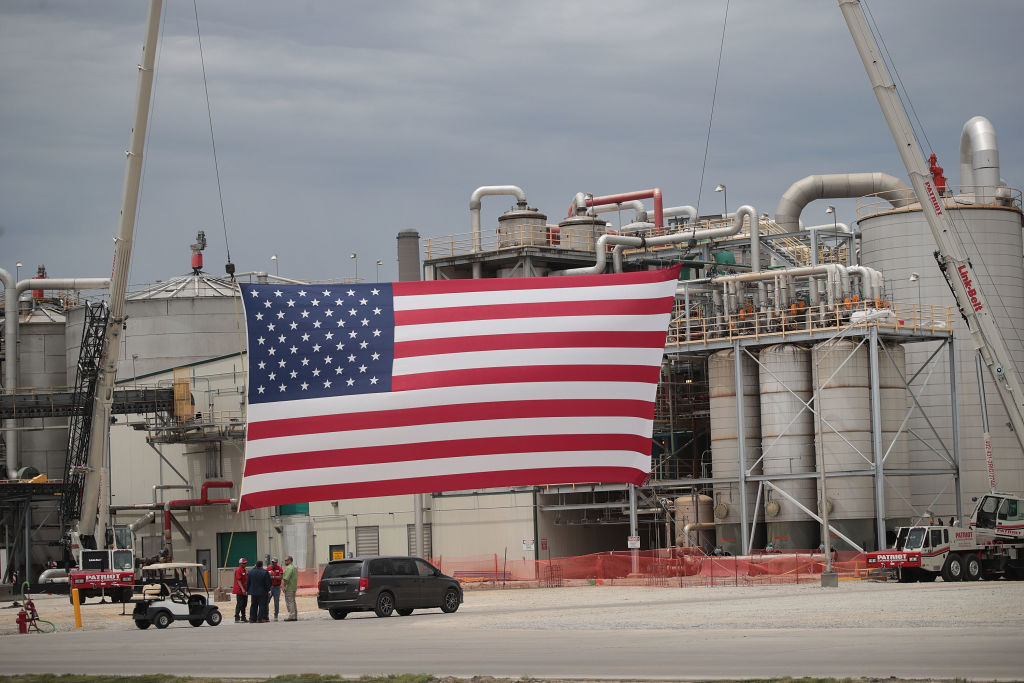Peoria Ag Lab scientists working on solution to ethanol production loss : USA

Scientists at the USDA Agricultural Research Service in Peoria have developed a groundbreaking solution to a major ethanol production issue. They created a Pac-Man-like enzyme from sauerkraut to target bacteria that disrupt fermentation, reducing contamination by 85% and increasing ethanol production by 40% in lab trials. This method offers a sustainable alternative to antibiotics and could revolutionize the biofuel industry if scaled up commercially.
PEORIA (25News Now) – Scientists at the USDA Agricultural Research Service in Peoria are four years into fermenting a first-of-its-kind solution to a chronic ethanol production problem.
During ethanol production, bacteria found inside facilities and on grain compete with the Baker’s yeast needed to convert glucose into biofuel. This disruption can cut production by 40%, leading to plant closures to decontaminate, and costing millions of dollars.
Research Microbiologist Shao Lu said he and his colleagues have developed a technology using a Pac-Man-like enzyme called endolysin, derived from sauerkraut.
“These Pac-Man will attack the bacteria and chew through the cell walls of these bacteria, which causes them to lyse open,” Lu said. “That’s how we are able to limit the contamination.”
He said the results have been promising in their lab-scale trials.
“We were able to show that we can reduce bacteria contamination in corn ethanol fermentation process up to 85%,” Lu said.
The enzyme also helps to reduce acetic acid by 40% and lactic acid by 70%, which can inhibit the growth of Baker’s yeast. With more glucose available for fermentation, corn ethanol production increased by 40% in lab trials.
With most production plants using costly antibiotics to fight bacteria and growing antibiotic resistance, Lu said this solution could be more sustainable.
“Currently, there’s no known resistance being developed against this enzyme,” Lu said. “We’re hoping that we could potentially improve the functions so we can also attack different types of species of bacteria.”
Biological Research Lab Technician Moses Martinez said he hopes the technology could one day revolutionize the biofuel industry.
“Now it’s at a lab scale, but eventually we will end up scaling up,” Martinez said. “The biggest hope right is to be able to see the technology being used in large fermentation tanks.”
Scientists hope to find industry partners to test this technology on a larger commercial scale in the next two years.
The Department of Energy reports that the U.S. is the largest producer of ethanol in the world, produced over 15 billion gallons in 2021 and 2022.
To read more about Ethanol Industry News, continue reading Agriinsite.com
















